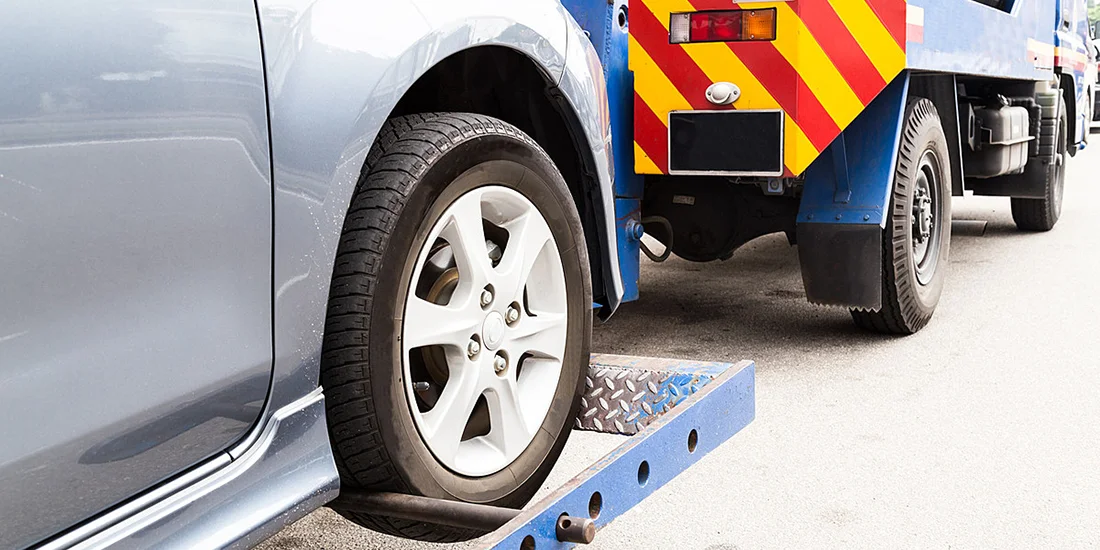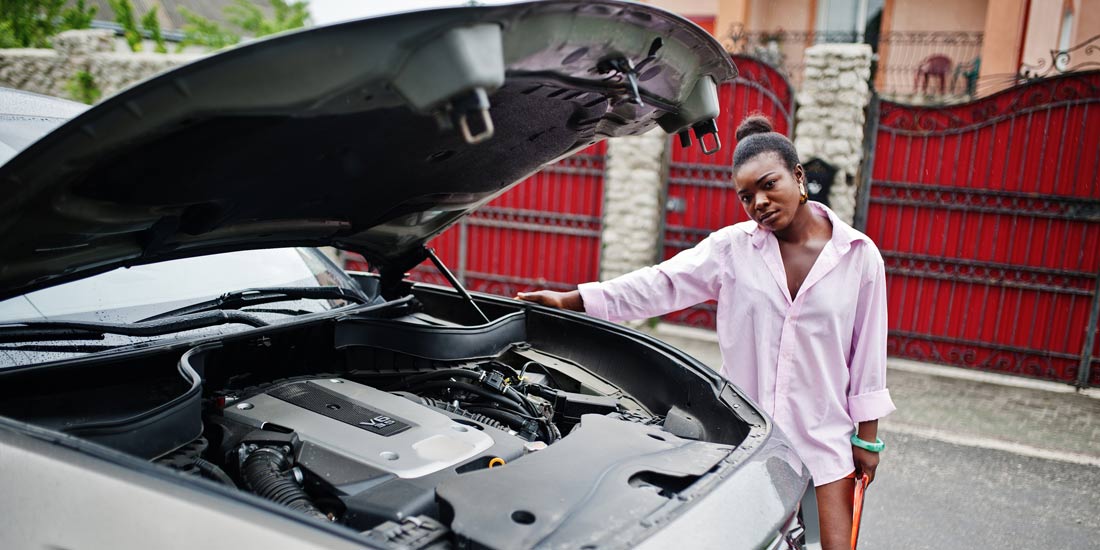
My Car Got Towed, and I Have No Money: What Should I Do?
6 Min Read
Coming back to find your car got towed may be frustrating. It can ruin your day and leave you scrambling to decide what to do next. Also, the impound fees for getting a car out of the state will vary, but it can cost you between $100 and $1,000 to recover your vehicle from the tow companies.
According to the IBIS World and their Automobile Towing in the US industry analysis, the industry revenue is set to increase at a CAGR of 2.4% to $12.5 billion by 2024. Revenue is expected to decrease 0.1% in 2024 alone. Similarly, industry profit, measured as earnings before interest and taxes, is set to account for 9.2% of industry revenue in 2024.
Despite these statistics, there are suitable solutions to take your car from the towing company. You must know your rights so you don’t get taken advantage of. Did they tow it for unpaid tickets or an expired registration? There’s usually a process you can fight if something seems off. You might also get the towing or storage fees reduced if you ask the right questions. We will explain how to waive your charges and avoid further problems.
- What Do Towing Laws Say?
- Tips on How to Get Impound Fees Waived
- How Can I Pay My Impound Fees?
- What Do I Need to Qualify for a Loan to Get My Car Out of Impound?
- What is the Approval Process for Title Loans for My Impounded Car?
- How to Get a Towed Car Back Without Paying Loans for Impounded Cars: Alternatives
- Bottom Line
What Do Towing Laws Say?
Towing regulations differ across states, but some common themes apply widely. Parking rules often permit towing from fire lanes, handicap spots lacking permits, or blocking access. Private property towing generally necessitates clear signage that unauthorized vehicles get towed at the owner’s cost.
The property manager must also follow specific protocols for pre-towing. Public towing off streets or lots happens per local laws, with abandoned or illegally parked vehicles being susceptible after a certain period. Owner notification directives are frequently issued.
Legislation also covers towing and impound fees for services like hauling and storage. Notification involves attempting contact or frequently placing informational stickers on the vehicle. Reclaiming towed vehicles also follows outlined procedures around locations, needed paperwork, and requisite impound fees payable.
Tips on How to Get Impound Fees Waived
Getting your car out of the impound without paying high fees can be challenging, but it’s not impossible. Here are some ideas that could help:
- Check out why they impound your car in the first place. Sometimes, tow trucks take cars by mistake. If you think the tow company messed up, get proof to show them.
- Call up the impound lot right away and nicely explain what happened. See if they can cut you a deal on the daily storage fees or have programs to help people. They might work with you if it’s your first time dealing with this.
- If money’s tight, show them bank statements, pay stubs, or unemployment paperwork. Some lots have ways to help people who are struggling financially.
- Double-check all the impound rules applied where you live to ensure the tow company did everything by the book. If they didn’t follow the proper procedures, you could fight to get the fees dropped.
- Rely on a pro bono lawyer. If you need more than the impound lot, consider finding a lawyer. They can look at your situation and explain your options.
- Check payment assistance programs. If you qualify for local assistance programs, you can ask city officials or the DOT to waive your fees.
How Can I Pay My Impound Fees?
If your car is impounded, you can pay the fees using the following payment options. First, dip into your emergency fund, which should be set aside for any eventualities. It will save you from paying interest or fees.
Another way is to use a credit card, which is very convenient. However, if you can’t pay it back before the billing cycle ends, you may face a high interest rate. Nevertheless, if the card has a reasonable APR or you can pay it back on time, it could be a good option for you.
Some lenders provide car impound loans, but they usually involve a very high-interest rate. Before deciding, do a thorough financial assessment and choose the repayment plan that best fits your payment capacity.
Every alternative has some benefits and drawbacks, so you should access them carefully before making a final choice.
What Do I Need to Qualify for a Loan to Get My Car Out of Impound?
If you decided to take out a car impound loan, here’s what you typically need to qualify for it:
- Prove car ownership. You must provide paperwork such as the title, registration, or something similar to prove you own the car.
- Provide your identification documents. They’ll also want to see your ID, such as a driver’s license, to confirm who you are.
- Show your regular income. Most places will want to see pay stubs, bank statements, tax returns, or other proof of income to pay back the loan.
- Ensure you have at least a fair credit score. Good or fair credit helps get better loan terms, but some places offer loans even if your credit leaves much to be desired.
What is the Approval Process for Title Loans for My Impounded Car?
First, research lenders that provide loans for impounded cars since not all do. Then, gather ownership documentation for the vehicle, including title registration and insurance information.
Next, the lender will assess your car’s value to determine potential loan amounts. After that, fill out their application with your personal details and vehicle information.
The lender reviews your application and documents, potentially checking your credit. If approved, carefully review loan terms, such as interest rates and payment schedules, before signing the agreement.
Finally, you hand over the car title as collateral in exchange for receiving the loan. The title transfer secures the lender’s investment in an impounded vehicle.
How to Get a Towed Car Back Without Paying Loans for Impounded Cars: Alternatives
If your car’s been impounded and all the primary solutions didn’t work, you have some alternative options to look into:
- Pay the towing fees. Most lots will give you your towed car back if you pay the impound fees, towing charges, and any tickets or fines you have. If you have enough money on hand, this is the easiest way. Call them to find out exactly what you owe and how to pay it.
- Appeal fines or tickets. You can appeal if they impounded your car because of unpaid fines or outstanding tickets. Provide proof that the charges aren’t valid. If you win the appeal, they may lower or drop the fees so you can get your car back.
- Borrow from friends or family. If you’ve got family or friends in a position to help, borrowing money from them temporarily solves the problem of getting your car out of impound.
- Sell unnecessary stuff. Look around the house for things you no longer use or need. Selling those unused items could give you the cash to pay the impound bill and retrieve your wheels.
- Get a part-time job. Consider taking on some extra work or side gigs to earn the funds and spring for your car. Freelance opportunities, odd jobs, and temp work could all quickly generate additional income.
- Try crowdfunding. In some cases, people use crowdfunding sites to raise money for unexpected budget hits. Share your situation with friends, family members, and social media connections to see if anyone would be willing to contribute a few dollars.
Bottom Line
Getting your car out of the impound yard takes effort and time. It can also mess up your plans and cost you a lot of money. If your car has been towed, you should contact the towing company and try to get your impound fees waived. If that fails, check with local law enforcement, as they may know who towed your vehicle and where it is located.
You could also check loans that work if you meet the standards, such as proving ownership, showing ID and income, and having a decent credit score. This option will let you get money by using the title of your car as collateral. This practice also includes fees, but your vehicle will be released from the towing company faster than with other options.
Let Us Help You Find Cash Today to Pay in an EmergencyApply



